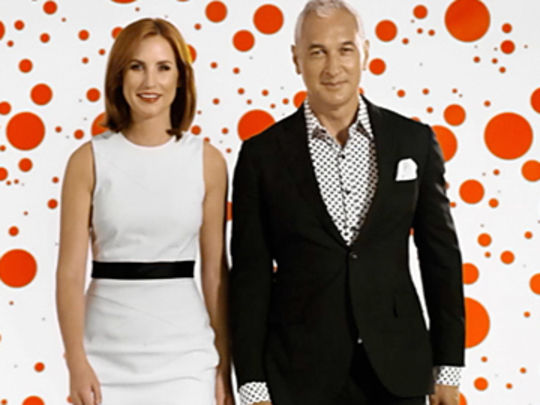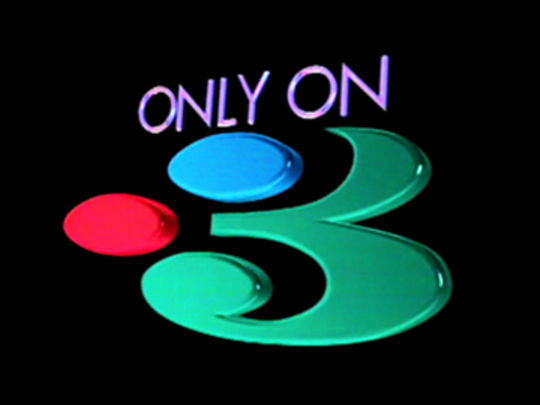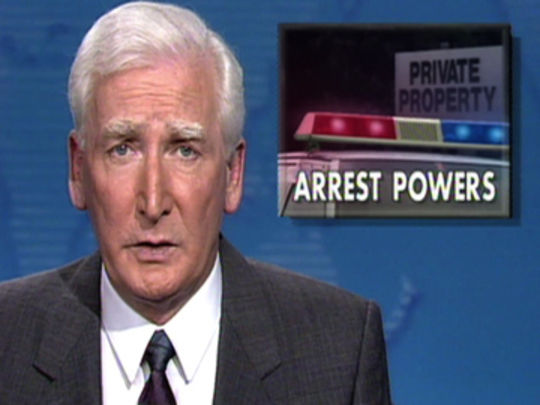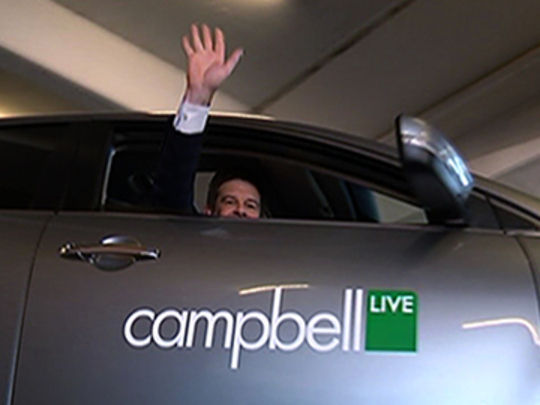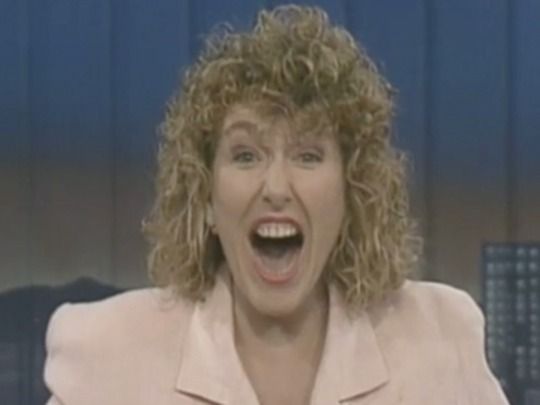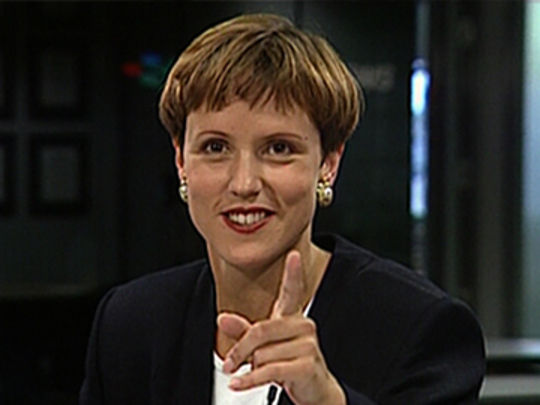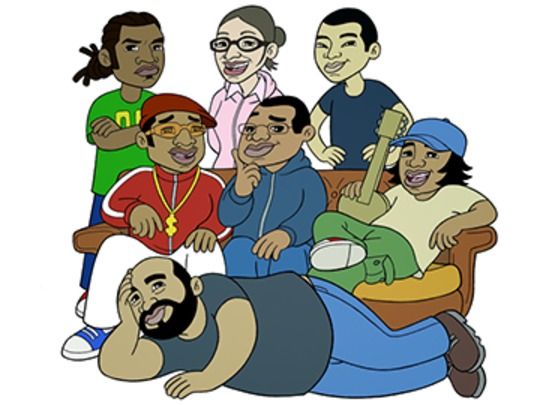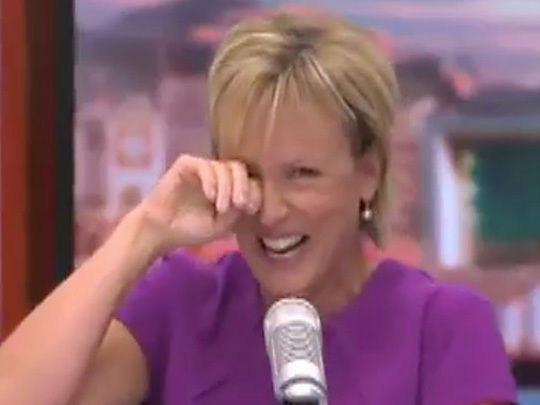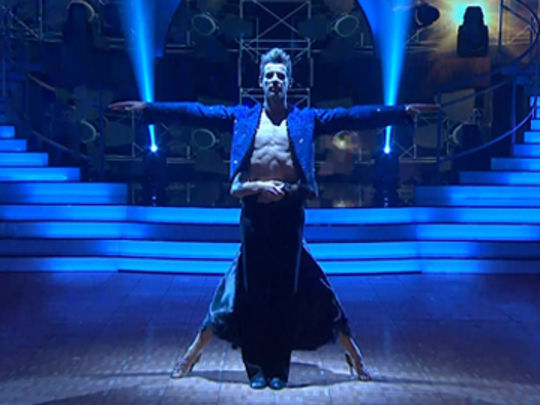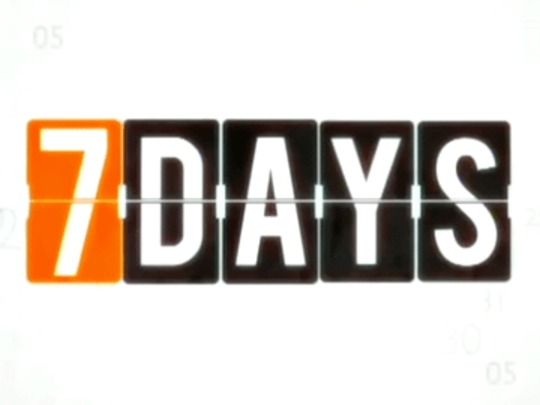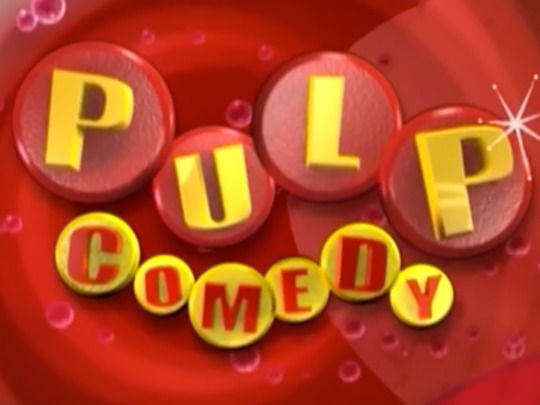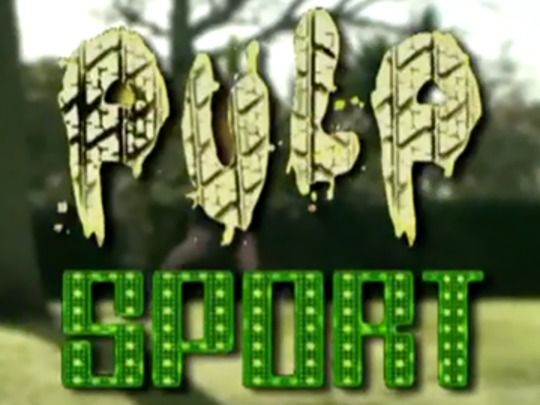Thirty Years of Three
Birthday Awards
Winning the top echelon of the NZ Television Awards on the eve of its 30th birthday capped a milestone year for the country’s first private TV channel.
Despite contending with tumultuous change in an alarmingly fragmenting media landscape for free-to-air broadcasters, Three’s commitment to an indelibly Kiwi identity has provided it with a critical and triumphant point of difference. This has been true of not only its award-winning comedy and drama output, but also the less acclaimed yet arguably even more strategic reality programming that has helped it launch riskier commissions.
One of its biggest winners at the 2019 Huawei Mate30 Pro NZ TV Awards was season eight of Dancing With the Stars, which pipped for Best Reality Format Series another of the network’s finalists, The Block NZ. Over the past five years, aggressively stripped across the week, social media-driven staples like these, Married at First Sight NZ, The Bachelor New Zealand and The X Factor have laid the foundations for cementing in a shrewd mix of signature comedy, drama and factual series that have sustained renewal after renewal, while reinforcing Three's schedule with exclusive properties.
With so many streaming options now the norm, you can view the latest season of one of Three’s international hits, like 9-1-1, on both the channel and Spark’s Lightbox at the same time. But the only platforms where you can see unique new episodes of Grand Designs NZ or Lost & Found are on Three or its streaming site, ThreeNow. After fumbling its digital potential, Three’s owner MediaWorks developed ThreeNow into an invaluable vehicle for helping to drive viewership of its linear fare. Shows like Grand Designs NZ and Married at First Sight clocked up streaming records in 2019, while Dancing with the Stars was the number one streamed series on the platform for most of its run.
Meanwhile, even the replay value of a long-running series like Lost & Found continues to defy the odds, with a 2019 rerun of the first season still proving competitive in prime time. Besides turning The Big 3-0, 2019 was notable for other firsts, including Three averaging an unprecedented number of consecutive weekly wins in its target audience, 25-54 year-olds.
Commented MediaWorks’ then Chief Content Officer Andrew Szusterman, who oversaw TV3’s rebranding as Three in 2017: “The strategy was simple: offer New Zealanders more of themselves on screen and through shows like The Block NZ, Dancing With The Stars, Married at First Sight NZ, 7 Days, Westside and Grand Designs NZ, and the network has delivered. Three’s number one channel position is a turning point in its 30-year evolution, one we are all incredibly proud of.” Moreover, he said this after Three had clocked up the most 25-54 votes five weeks in a row — a feat it would quickly quash by winning seven more consecutive weeks.
Fundamental to Three’s futureproofing since celebrating its first quarter-century on air in 2014 has been developing projects, properties and personalities with crossover prospects. Perhaps the most successful example of this is 2019’s award-winning drama, Westside, which was spun off New Zealand television's most successful drama series, Outrageous Fortune, and has proved to be nearly as enduring (their combined runs make the franchise New Zealand’s longest-running drama after Shortland Street).
Westside wrapped filming of its sixth and final season in 2020 — the same year that panel show 7 Days was set to mark its 10th anniversary, and become Aotearoa’s longest-running comedy show. 7 Days has also been a springboard for other series, while Three used a 'Comedy Pilot Week' initiative to launch two shows in 2019: Mean Mums and Golden Boy. Both were renewed for 2020.
The network’s creative synergies have even worked in news and current affairs (while 3 National News’ evolution into Newshub Live hasn’t challenged One News’ ratings supremacy, it did beat its rival to win 2019’s Best News Coverage Award, for its reportage of the Christchurch mosque shootings). Patrick Gower: On Weed was one of 2019’s most watched programmes, while The Project’s Kanoa Lloyd broke out in her own show, Moving Out With Kanoa, on the back of the nightly news mag enjoying its highest ratings yet.
The stable of fresh talent that’s now synonymous with Three stands it in much better stead than the roster of aging TVNZ identities it went to air with in 1989, like Billy T James, David McPhail and Jon Gadsby. The Billy T James Show (1992) straitjacketed the iconic comedian into a sitcom format that never fitted, but at least it signalled TV3’s willingness to venture outside the realm of sketch comedy. After another disastrous attempt at an assembly line sitcom, the malodorous Melody Rules, Three focused on sketch shows before breakout hit Pulp Comedy (1997). The stand-up comedy show featured prospective 7 Days stalwarts Jeremy Corbett, Paul Ego, Michèle A’Court and Rhys Darby.
Bro’town, a South Auckland spin on The Simpsons, spearheaded a golden period for quintessentially Kiwi comedy and drama on TV3 — one that not only gave the network an edge, but also redefined New Zealand on air with the likes of the award-winning Pulp Sport (2003 — although TV3 didn't pick it up until 2008), The Jaquie Brown Diaries (2008), Radiradirah (2010), Super City (2011), Jono and Ben at Ten (2012), Funny Girls (2015), which won this year’s best comedy programme award for its Suffragette special, and Outrageous Fortune.
Hitherto, Three had struggled with local dramas. Its short-lived Shortland Street rival, Homeward Bound (1992), and glossy news drama Cover Story (1996) were more pedestrian than provocative, while The Strip (2002) mistook brazenness for brilliance. The teen-oriented Being Eve (2001) was innovative. But it wasn’t until Outrageous Fortune that the textbook for writing Kiwi television drama was torn to shreds for a new fair dinkum template that led to three seasons of The Almighty Johnsons, the acclaimed Oscar Kightley drama Harry, 2019's The Gulf and the network’s next commission, Head High, South Pacific Pictures’ multicultural drama about the competitive world of high school rugby.
Three’s current tagline, 'All Good', belies the tribulations going on behind the scenes of a network under siege financially and from new media. But after 30 years of troubled ownership and uncertain futures, it’s clear that Three’s output has never been better.
- Phil Wakefield is a veteran writer on New Zealand's screen industry. His work has been published in The Listener, Onfilm, Variety and The Hollywood Reporter. He runs website ScreenScribe.tv.
